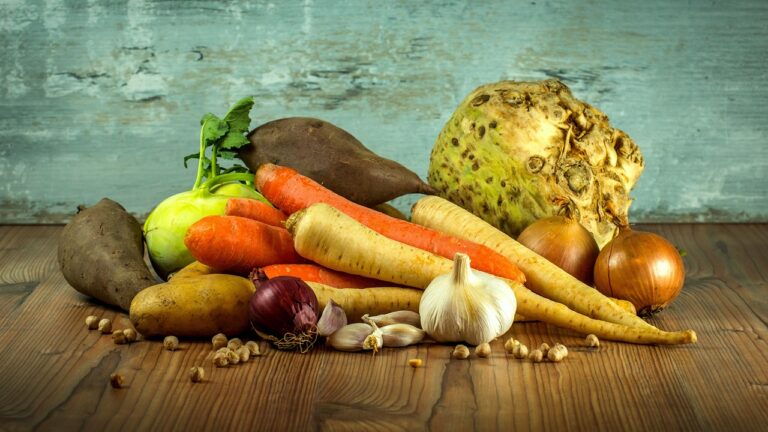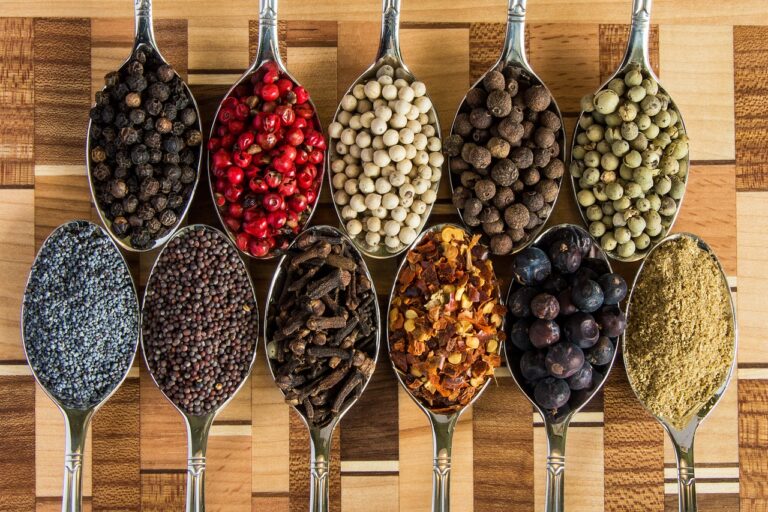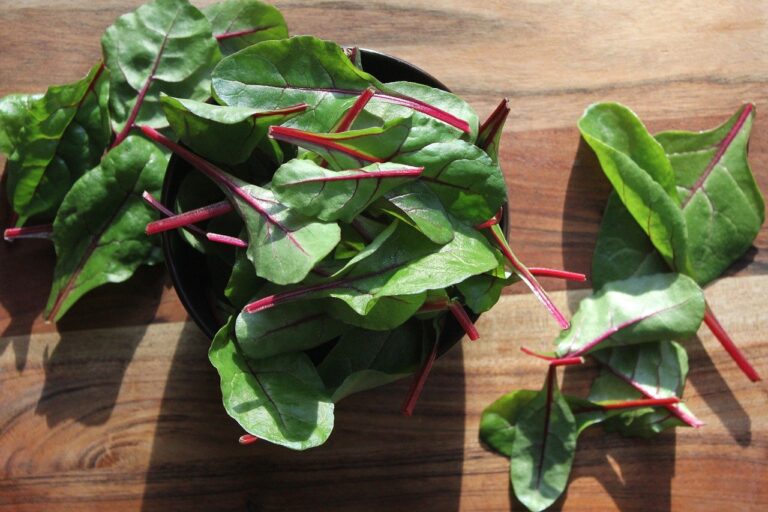Spices: Unveiling the Aromatic World of Culinary Delights
- Introduction:*
Embark on a tantalizing journey into the realm of spices, where exotic aromas and vibrant flavors ignite the senses. From ancient traditions to modern culinary creations, spices have played an indispensable role in shaping cuisines around the globe. This comprehensive guide delves into the captivating world of spices, revealing their multifaceted benefits and inspiring culinary adventures.
Spice Origins and History
Ancient Roots:
- Historical records indicate spice trading dating back to the Silk Road and beyond.
- Egyptians, Greeks, and Romans prized spices for culinary, medicinal, and religious purposes.
- In the Middle Ages, spices became a lucrative trade commodity, leading to the exploration of new lands.
Culinary Transformations:
- Spices transformed European cuisine, replacing bland diets with flavorsome dishes.
- The use of spices in Asian and Middle Eastern cuisines has created iconic dishes with complex flavor profiles.
- Today, spices continue to inspire chefs and home cooks, adding depth and nuance to culinary creations.
Types of Spices and Their Origins
Traditional Spices:
- Black Pepper: India, Vietnam
- Cinnamon: Sri Lanka, Indonesia
- Cumin: India, Middle East
- Garlic: Worldwide
- Ginger: China, India
Exotic Spices:
- Cardamom: India, Guatemala
- Saffron: Iran, Spain
- Star Anise: China, Vietnam
- Turmeric: India, Southeast Asia
- Vanilla: Madagascar, Mexico
Benefits of Spices
Culinary Enhancements:
- Enhance flavor and aroma
- Create depth and complexity
- Add vibrant colors to dishes
Medicinal Properties:
- Anti-inflammatory and antioxidant benefits (e.g., turmeric, ginger)
- Digestive aids (e.g., cumin, fennel)
- Antibacterial and antiviral properties (e.g., garlic, cinnamon)
Economic Impact:
- Spice trade has played a significant role in global commerce for centuries.
- Today, spices are a major agricultural industry supporting local economies.
- Fair trade practices ensure sustainable production and equitable distribution.
Using Spices in Cooking
Whole vs. Ground:
- Whole spices retain their aroma and flavor longer.
- Ground spices have a finer texture and release flavors more quickly.
Tips for Using Spices:
- Start with small amounts and gradually increase as desired.
- Combine spices to create unique flavor profiles.
- Experiment with different heat levels (e.g., mild paprika vs. spicy cayenne).
- Toast spices to enhance their flavors before adding them to dishes.
Conclusion
The world of spices is a treasure trove of flavors and benefits. From traditional cuisines to modern culinary innovations, spices have the power to transform both dishes and lives. By embracing their origins, types, and uses, home cooks and chefs alike can unlock endless culinary possibilities. Remember, a pinch of spice can make all the difference in creating unforgettable dining experiences.

























